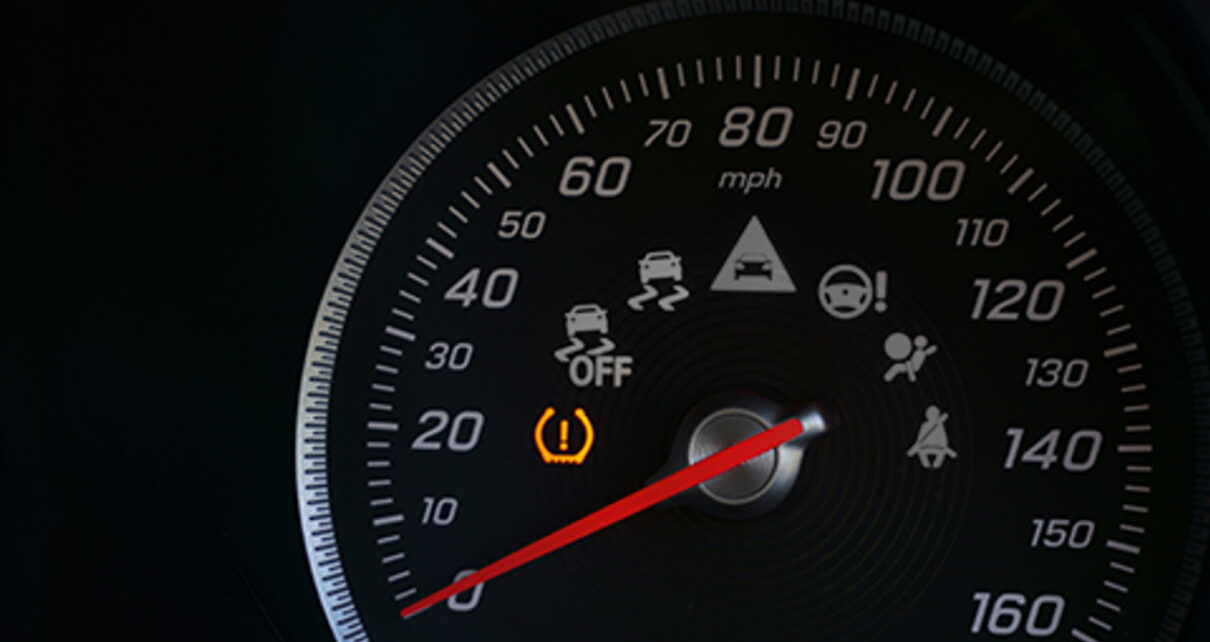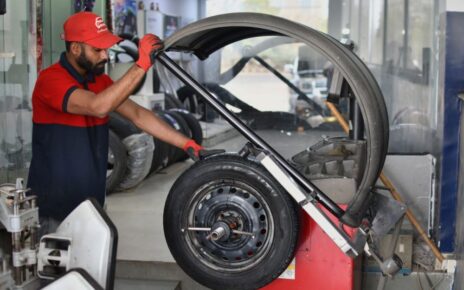As a responsible driver, you’re likely familiar with the tire pressure sensor light on your dashboard. This handy feature alerts you when there is a drop in tire pressure, signaling the need for attention. However, it’s important to understand the underlying reasons behind the illumination of this warning light. In this article, we will explore three common causes for the pressure sensor light coming on and emphasize the importance of seeking professional tire service for accurate diagnosis and timely resolution.
1. Underinflated Tires
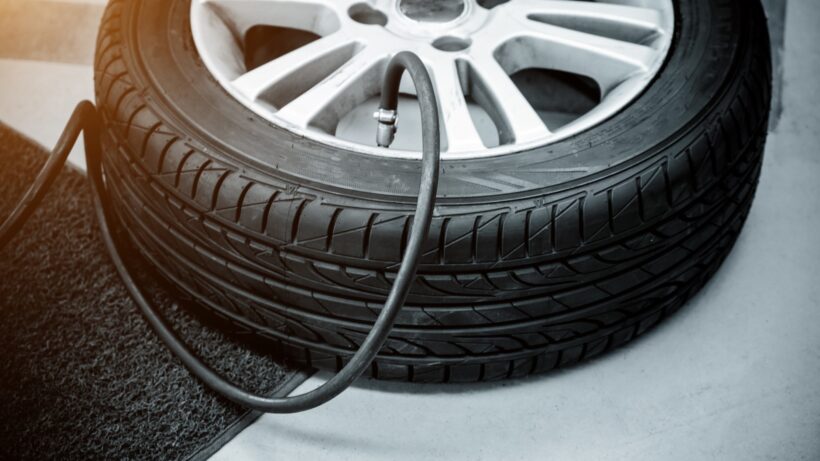
One of the most common reasons for the pressure sensor light to illuminate is underinflated tires. When a tire doesn’t have enough air pressure, it can affect your vehicle’s performance, fuel efficiency, and most importantly, your safety. Underinflated tires increase rolling resistance, leading to uneven wear, reduced traction, and potentially compromised handling.
Underinflation can occur due to various factors, including:
a) Temperature Changes
Fluctuations in temperature cause the air inside your tires to expand or contract. If you haven’t adjusted the tire pressure to compensate for these changes, your tires may be underinflated.
b) Slow Leaks
Tires can develop slow leaks over time due to punctures, valve stem issues, or even corroded wheel rims. These slow leaks gradually reduce tire pressure and trigger the pressure sensor light.
c) Neglected Maintenance
Irregular tire maintenance, such as infrequent pressure checks or neglecting to top up air when necessary, can contribute to underinflation.
To address underinflated tires, it’s crucial to consult a professional tire service provider. They have the expertise and equipment to accurately measure and adjust tire pressure according to the manufacturer’s recommendations, ensuring optimal performance and safety.
2. Faulty Pressure Sensor
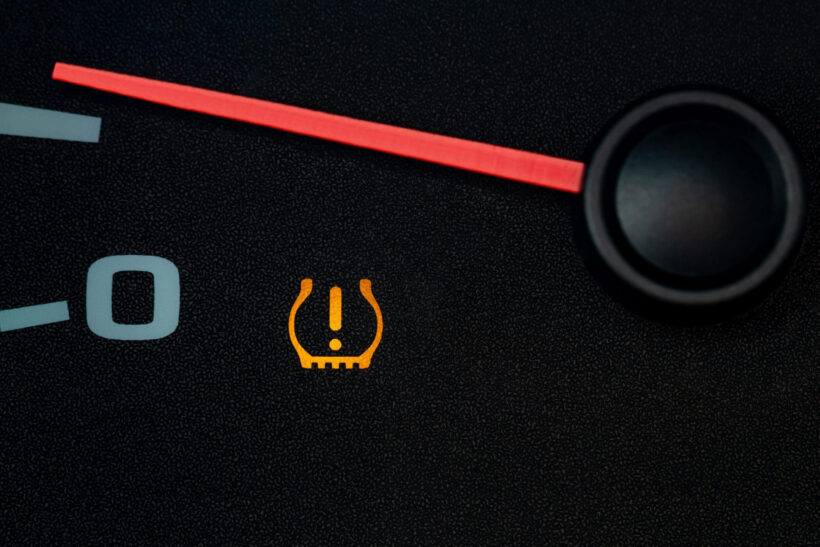
While underinflated tires are a common cause for the pressure sensor light to illuminate, it’s essential to consider the possibility of a faulty pressure sensor. The sensor itself may malfunction, sending false signals to the vehicle’s computer system, leading to an erroneous warning light activation.
Identifying a faulty pressure sensor requires specialized diagnostic equipment that tire service professionals possess. They can conduct thorough inspections, identify any issues with the sensor, and provide appropriate repairs or replacements as needed. Relying on professionals ensures accurate diagnosis and prevents unnecessary expenses on unnecessary repairs or replacements.
3. Tire Puncture or Damage
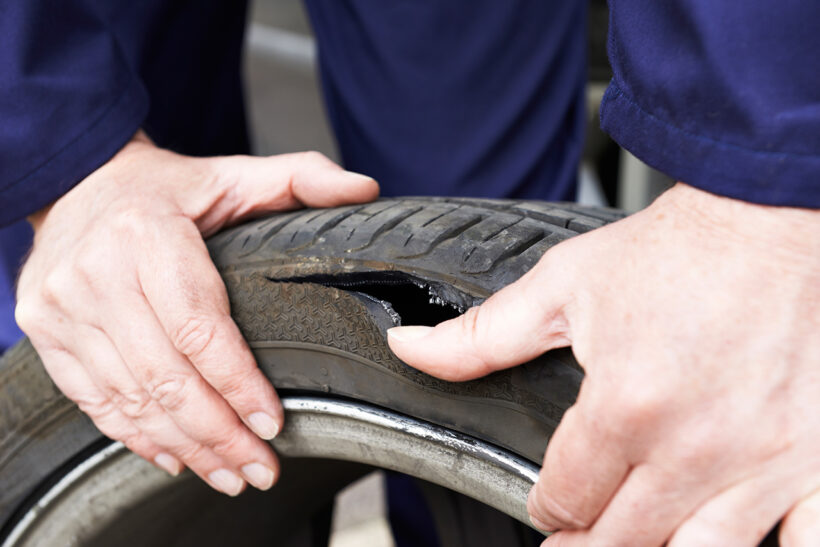
Another reason your pressure sensor light may come on is due to a tire puncture or damage. Sharp objects on the road, such as nails or screws, can penetrate your tire and cause a slow leak. Alternatively, a severe impact or pothole can result in immediate damage and rapid air loss.
In such cases, the pressure sensor light serves as an early warning system, indicating that your tire needs immediate attention. Continuing to drive with a punctured or damaged tire can lead to further tire degradation, loss of control, or even a blowout, jeopardizing your safety.
Seeking professional tire service is crucial when dealing with tire punctures or damage. Tire service providers have the necessary tools and expertise to assess the extent of the damage and determine the most appropriate course of action, whether it’s tire repair or replacement. They can also inspect the surrounding tires for any hidden damage and ensure your vehicle is safe for continued use.
The Importance of Professional Tire Service
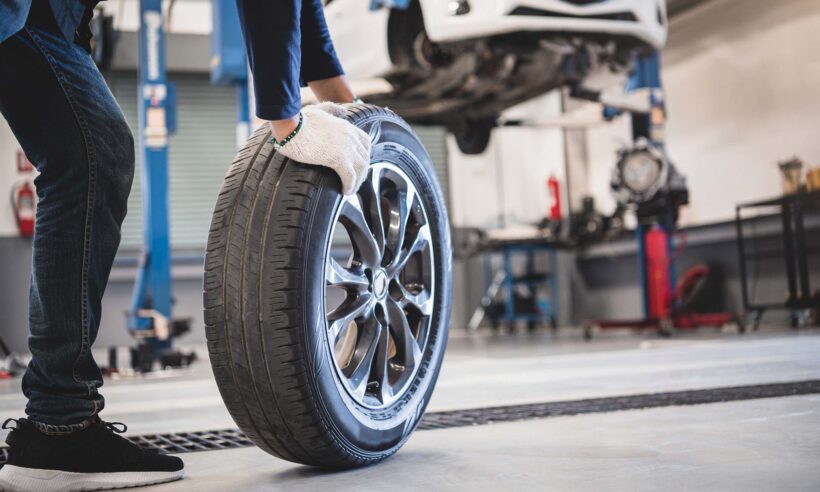
When the pressure sensor light illuminates, it’s tempting to ignore it or attempt a quick fix. However, seeking professional tire service offers several advantages:
1. Expert Diagnosis
Professionals possess the knowledge and experience to accurately diagnose the underlying issue triggering the pressure sensor light. They can distinguish between underinflation, faulty sensors, and tire damage, ensuring the correct course of action is taken.
2. Proper Repairs
Tire service providers are equipped with the tools and resources necessary to perform reliable and effective tire repairs. They can address punctures, slow leaks, and other issues, restoring the integrity and functionality of your tires.
3. Enhanced Safety
Professional tire service prioritizes your safety on the road. By entrusting your tire concerns to experts, you can have peace of mind knowing that potential risks and hazards are identified and addressed appropriately.
Monitor Your Tires Properly
Understanding the reasons behind the illumination of your pressure sensor light is essential for maintaining optimal tire performance and ensuring your safety on the road. Underinflated tires, faulty pressure sensors, and tire punctures or damage are among the top culprits. However, instead of attempting DIY fixes or ignoring the warning, it’s crucial to seek professional tire service. Tire service professionals have the expertise and equipment to diagnose and resolve issues accurately, providing reliable tire repairs or replacements when necessary. By prioritizing professional tire service, you can maintain the performance, longevity, and safety of your vehicle’s tires.

